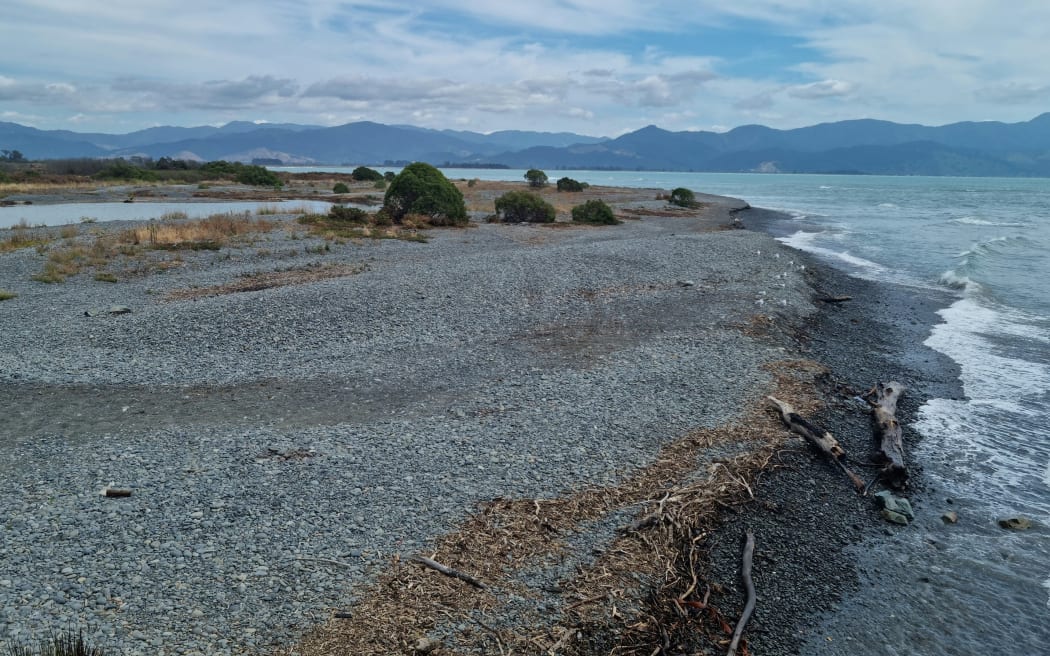
Looking north across the Wairau Bar. Photo: RNZ / Samantha Gee
Iwi in the top of the South Island have spoken of their distress and sadness at the desecration of wāhi tapu (sacred) land in Marlborough - by members of their own whānau.
Montford Corporation Limited was sentenced in the Blenheim District Court on a charge of modifying or damaging an archaeological site, without the permission of Heritage New Zealand. They were fined $55,250 and ordered to pay court costs.
The land in question is near the Wairau Bar, one of the most significant archaeological sites in Aotearoa. The bar is a gravel spit at the mouth of the Wairau River, that flows into Cloudy Bay, Te Koko-o-Kupe.
It is recognised as one of the earliest places of settlement in New Zealand, and the final resting place of the first generation of many Polynesian settlers.
The company had interim name suppression, which lapsed at sentencing.
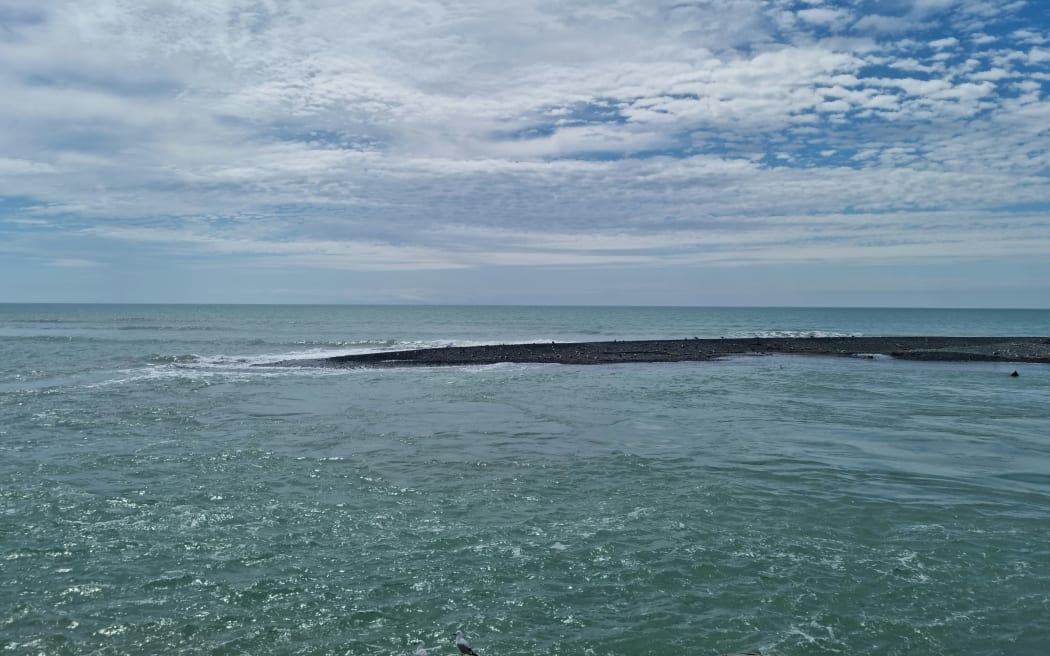
The mouth of the Wairau River in Marlborough. Photo: RNZ / Samantha Gee
Unauthorised earthworks on the Wairau Bar
The court heard how in late 2019, earthworks were undertaken on a property in Wairau Bar Road in preparation for a vineyard. The work included removing vegetation and excavating a trench for an irrigation pipe - which damaged archaeological remains.
The company had applied to Heritage New Zealand in August 2019 for permission to modify part of the archaeological site and establish a 6.5 hectare block of grapes on land called the Reynolds Block.
But the application was not granted and returned a week later - due to lack of consultation with iwi.
Lawyers acting for the company at the time said iwi consultation requirements were "culturally challenging for Rangitāne of whom the family are an integral part".
Heritage New Zealand specified nine iwi and provided their contact details, but did not receive an amended application.
Later that year, a company director ordered excavation work begin on a trench, half a metre deep, for an irrigation pipe across the middle of the Reynolds Block straight into an area known to contain archaeological material.
Heritage New Zealand officials were later tipped off to the earthworks in December, after iwi raised concerns that developers had caused damage to archaeological sites on the whenua.
Charges were also laid by Heritage New Zealand in 2015, after unauthorised work was undertaken in the same area.
Those charges were withdrawn in the Blenheim District Court in 2016, after an agreement that included the condition no further work was done on the property that could disturb areas of archaeological value, without the authority of Heritage New Zealand.
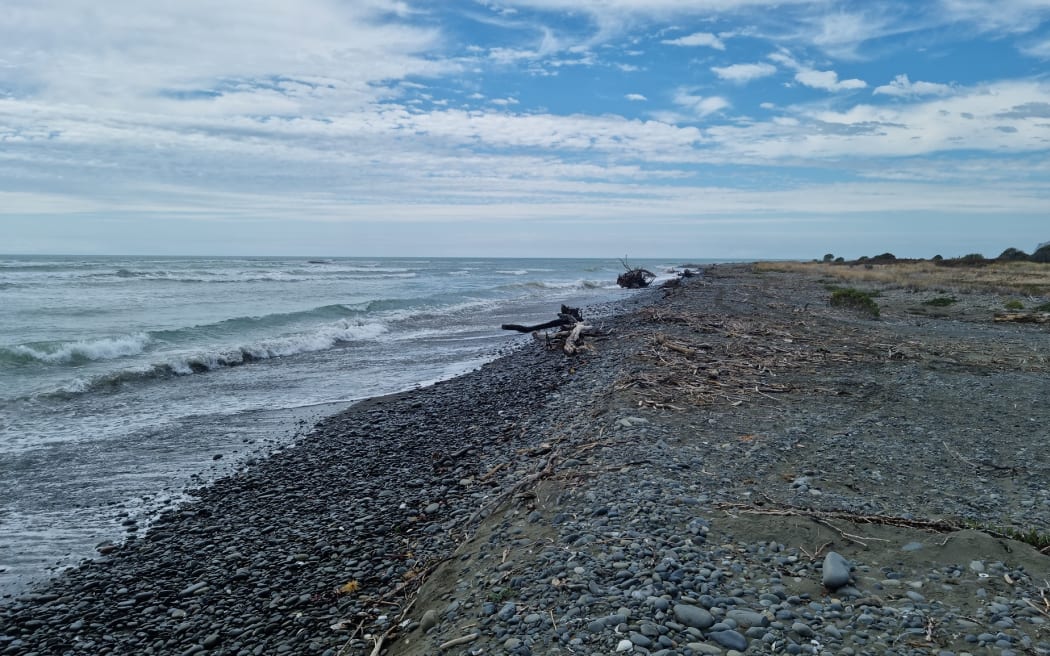
The Wairau Bar is one of the oldest archaeological sites in New Zealand. Photo: RNZ / Samantha Gee
A deliberate failure
Acting for Heritage New Zealand, prosecutor Matthew Ferrier said the company directors at the time knew an authority was required for work on the site - and that they damaged site of national archaeological significance as part of a commercial operation.
The authority had proposed conditions including that an irrigation trench followed a zig zag pattern specifically designed to avoid recorded site and that the work be done with an archaeologist present to monitor it - but neither of these were adhered to.
"This offending is a clear example of deliberately flouting the requirement to obtain an authority coupled with a failure to take previously proposed steps that would have mitigated damage and/or provided insight into an area of national, historical and cultural significance."
Acting for the Montford Corporation, lawyer Miriam Radich said the company was remorseful and had already made a $15,000 payment to Heritage New Zealand. As for the land, it had not been developed for viticulture given the court proceedings but had been fallowed and was overgrown and unproductive.
Judge David Ruth said the company had shown "total indifference" for the conditions it was supposed to adhere to.
"Digging in this area, disturbing the land without the benefit of a considered authority being granted and without the presence of an archaeologist is so reckless in itself, that this is a matter of some seriousness."
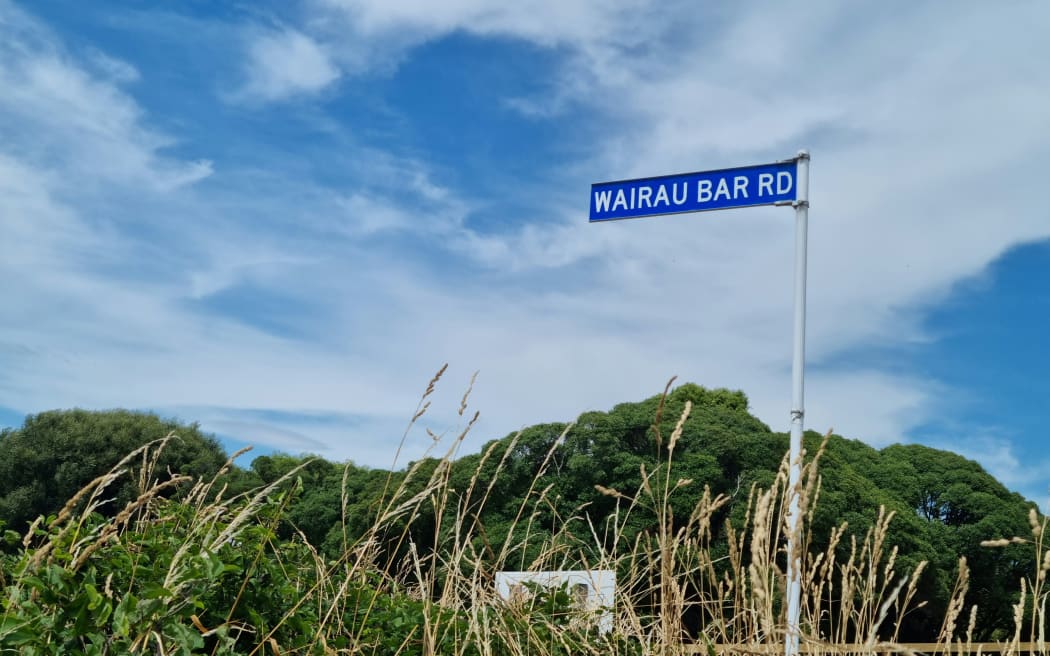
The Wairau Bar is one of New Zealand’s most important archaeological sites, recognised as one of the earliest places of settlement. Photo: RNZ / Samantha Gee
The significance of the Wairau Bar
The area is of significant cultural importance to Te Rūnanga Rangitāne o Wairau, Ngāti Rārua and Ngāti Toa and numerous other iwi and hapū.
The land modified by the Montford Corporation is also close to Rangitāne Pa (also known as the Te Kowhai Pā), where there was a significant battle in the first half of the 19th century - a massacre in which Ngāti Toa chief Te Rauparaha slaughtered members of Rangitāne o Wairau.
An assessment in 2019 found the archaeological sites on the land in question had potentially very high values and were part of a wider complex of sites of nationally significant cultural and historic heritage value.
It said while the sites had already been impacted by activities including earthworks, stock damage, farm tracks, land contouring, bulldozing to clear scrub and gorse, tilling/ploughing and earth moving for flood mitigation works - the archaeological features remained high - as there were likely to be in situ stratified deposits below the level of any previous disturbance.
The presence of moa bone and Archaic-style adzes in the wider area indicate the archaeological sites may be evidence of early occupation of the Wairau Bar, dating back to the 13th century.
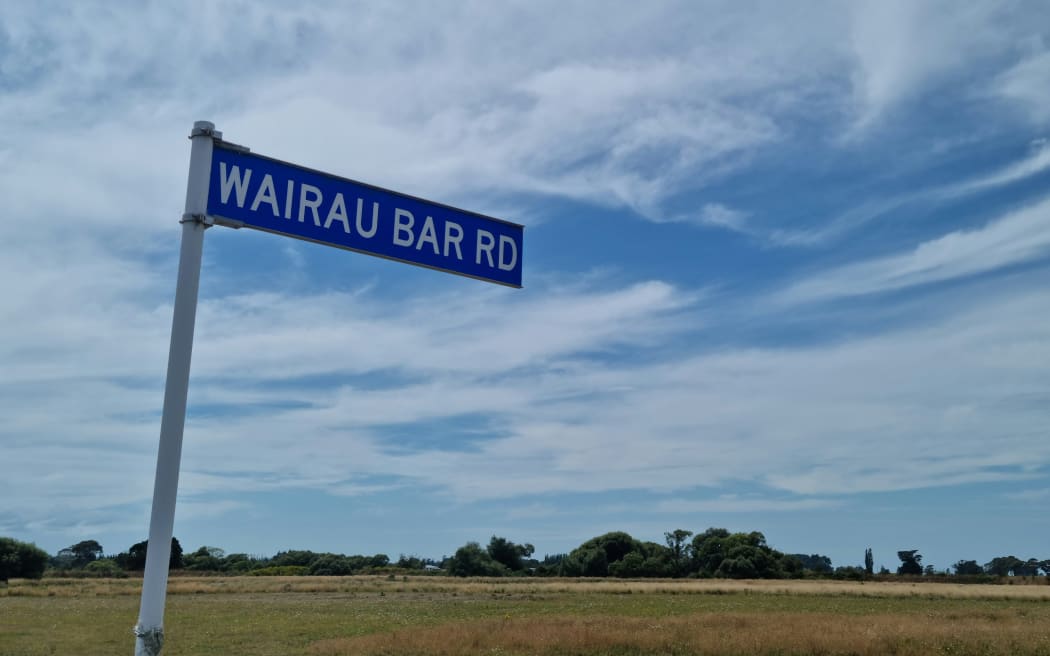
The Wairau Bar is a gravel spit at the mouth of the Wairau River, in Marlborough’s Cloudy Bay. Photo: RNZ / Samantha Gee
Impact on Marlborough community and tangata whenua
Iwi members in Marlborough spoke of their distress at the desecration of the land on the Wairau Bar and the disappointment that no one from the company was in court for the sentencing.
Rangitāne o Wairau co-chairperson Janis de Thierry said for many in the community, the matter had caused enormous distress, upset and concern.
The rūnanga, had been in a difficult position, restricted by court proceedings. Rangitāne members would now begin the process of healing, working collectively to ensure this did not occur again.
She said the iwi were committed to protecting and maintaining historical and archaeological sites that were significant to Rangitāne o Wairau and supported any actions to deter interference with them.
"Rangitāne wishes to find a way forward and now that the court procedures have come to an end, will continue to work through this issue with our iwi members.
"This process of reconciliation and repair is a private and internal matter for our iwi."
Ngāti Rārua o te Wairau Society chairperson Russell Thomas, who is known as Barney, said it pained him to be at the sentencing as the company directors were their own whānau.
"I'm sad that this has happened, I'm embarrassed as the members of that family have a Ngāti Rārua whakapapa, I'm angry because this is the second occurrence of this land disturbance."
He said it was disappointing the family had not adhered to tikanga and questioned if the family were remorseful.
"What they have done is very serious and affects all of us, the taumaha, the burden that we have to carry because of the actions of our whānau has great bearing on us."
Requests to meet with the family on their marae, kanohi ki te kanohi (face to face), had been fruitless.
He said Ngāti Rārua had spent years advocating for the protection of the environment for future generations and the Montford Corporation's actions had put the iwi's integrity at risk.
Liz McElhinney, who was raised at Kowhai Pā, told the court the case had a profound effect on her whānau and the wider iwi and had caused division within her family and the community.
"It's was a site where my tūpuna was actually killed, it has huge cultural significance to us.
She wanted to see the company make a public apology.
"Our family are distressed that this is continuing to happen and we would like to ensure that it doesn't happen again."
Keelan Walker (Rangitāne o Wairau) said the land was more than just a place of archaeological significance - not just a pile of shells and a few rocks on the ground - it was a wāhi tapu and its integrity needed to be maintained.
"The blood of our tūpuna, all of us here today, is in that soil."
He hoped the sentence would deter others from making the same mistake and was equally "hopeful and doubtful" that iwi would have the chance to meet with the company, who shared the same values.
"Their whānau stood and gave evidence to the Waitangi Tribunal about the significance of that site, I don't know what has changed since then."
He has a tā moko, the words Save Kowhai Pā, tattooed on his forearm. A reminder of the blueprint laid by his tūpuna and the values that need to be maintained, he said.
"I don't think Kowhai Pā is ever safe, and I don't think our wāhi tapu will ever be safe, and that is why we need to be very resilient in that fight."


